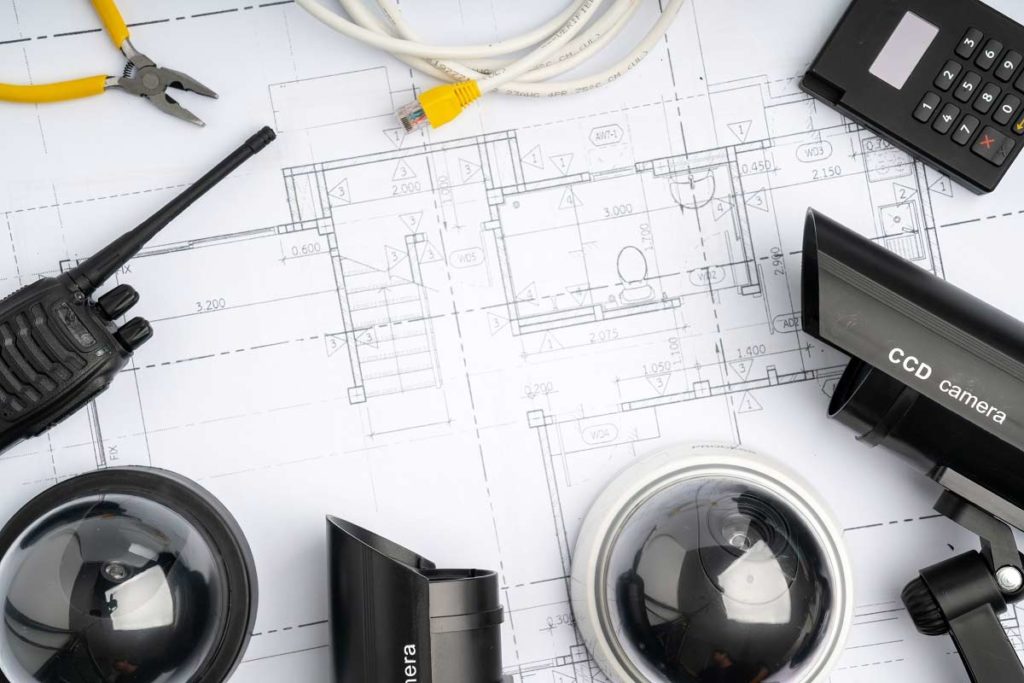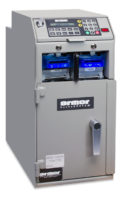Cannabis remains one of the fastest growing industries with no signs of slowing down. According to a recent article in Forbes Magazine, the legal cannabis market is poised to grow 20-30% per year to the tune of $50 billion by 2026.[1]With great opportunity comes numerous risks. Claims and lawsuits against cannabis businesses are increasing in frequency and magnitude. As an insurance broker who specializes in the cannabis industry and works with a wide variety of cannabis, hemp and CBD businesses in every state where cannabis laws are established, our recent analysis has unveiled the top five insurances your cannabis business needs in 2022.
- General Liability
General liability is the most essential coverage your business needs to protect you from a variety of claims including personal injury, bodily harm, property damage and other situations that may arise including slander, libel, copyright infringement and more.
Since general liability is not always required to obtain a cannabis license, many businesses are tempted to forgo the expense. This is one of the biggest mistakes you can make as one single lawsuit has the potential to cripple your business. With a comprehensive, cannabis-specific general liability insurance policy in place, your insurance company, not you, will pay medical expenses and property damage claims from third parties, in addition to hefty legal fees and fines.
- Property & Casualty Insurance

If you own a dispensary, grow operation, warehouse, testing facility or any other type of cannabis business with inventory, you need to protect your assets from potential loss or damage. Property & casualty (P&C) insurance safeguards your business against common and costly perils such as a fire, lightning, explosion/implosion, and even less common – but still possible – risks like riots, strikes and terrorism.
P&C insurance not only pays for damages to your business property resulting from a covered loss but it also covers the contents within your place of business, including office furniture, computers, inventory and other assets essential to your business operations. There are policies that will also provide the funds required to keep your business afloat until the damages from the loss are repaired. Any cannabis business with a physical property and location(s) should have a comprehensive property and casualty P&C policy in place.
- Product Liability/Product Recall
Recently, we’ve seen a dramatic influx of product liability claims, and in particular, product recalls. Lawsuits have ranged from a single plaintiff seeking damages for personal injuries to class action lawsuits where a defective product is tied to an entire group of claimants.

As a cannabis business owner, you can be sued for any damage resulting from products that cause harm to others, this includes false advertising, mislabeled or defective products. No matter where you are in the supply chain, your business could be held liable. The process of defending litigation or reaching a settlement agreement can completely drain a company’s resources. You’ll have to deal with regulatory compliance, producing and distributing product warnings, recalling products, claim investigation, product testing and additional risk assessment.
Product liability insurance is often overlooked, especially by small to mid-size businesses. However, your cannabis business needs this type of coverage if you sell any goods or products that end up in the hands of the public. In fact, your business may be contractually obligated to have product liability insurance. One such lawsuit is enough to fold a business due to costly legal fees and fines, as well reputation damage beyond repair.
Product liability insurance is designed to protect your cannabis company from claims that can happen anywhere along the supply chain, including product contamination, mislabeled products, false advertising or defective products. With proper coverage, your insurance company will pay for damages and legal expenses if you are sued, up to your policy limits. Your product liability policy will also cover any medical expenses for those who are harmed by your business. Making sure your insurance policy includes product liability insurance should be a top priority in 2022.
- Cyber Defense/Data Breach Insurance
Cyber fraud and data breaches are two of the greatest risks facing cannabis companies in 2022. With so much cash pouring into the space, cannabis businesses of all sizes are bulls-eye targets for cybercriminals. Even the smallest of cannabis businesses are at risk of data breaches because they are part of a larger interconnected network of seed to sale vendors. These types of crimes can have detrimental effects on your business in numerous ways. In the case of a data breach resulting in the disclosure of a third party’s private information, the third party could sue your business. The SEC could also find your company negligent in cyber fraud cases and impose significant fines.
 By forgoing cyber defense & data breach insurance, your business will be solely responsible for expensive legal bills, significant revenue losses and hefty fines and penalties from regulators. Cyber defense & data breach insurance is a must-have coverage in 2022, and beyond, to protect your business from cybercrimes.
By forgoing cyber defense & data breach insurance, your business will be solely responsible for expensive legal bills, significant revenue losses and hefty fines and penalties from regulators. Cyber defense & data breach insurance is a must-have coverage in 2022, and beyond, to protect your business from cybercrimes.
- Directors & Officers Insurance
If you are looking to secure venture capital or funding from investors in 2022, and/or attract and retain qualified leadership, you need directors & officers (D&O) Insurance. D&O protects corporate directors and officers, as well as their spouses and estates, from being personally liable in the event your company is sued by investors, employees, vendors, competitors, customers, or other parties, for actual or alleged wrongful acts in managing the company. In the event of litigation, your D&O insurance will cover legal fees, fines, settlements and other expensive costs.
D&O is often the most overlooked coverage because many cannabis businesses are independently run, and no one foresees the potential for operational failures and mismanagement. However, businesses with any sort of vision for growth should make D&O a top priority. It not only protects your current executives and board members but is critical in attracting leading talent in the space, as well as drawing in new investors to scale up your business. In fact, we’re seeing more prospective investors and board members requiring D&O insurance prior to engaging with a company to ensure they are fully protected in the event of litigation.
When it comes to mitigating risk in this business, the stakes are sky high. Cannabis companies that have not incorporated risk management into their business/operational plans will need to in 2022. It all boils down to the THREE P’s: being “Proactive, Prepared and Protected.”






















